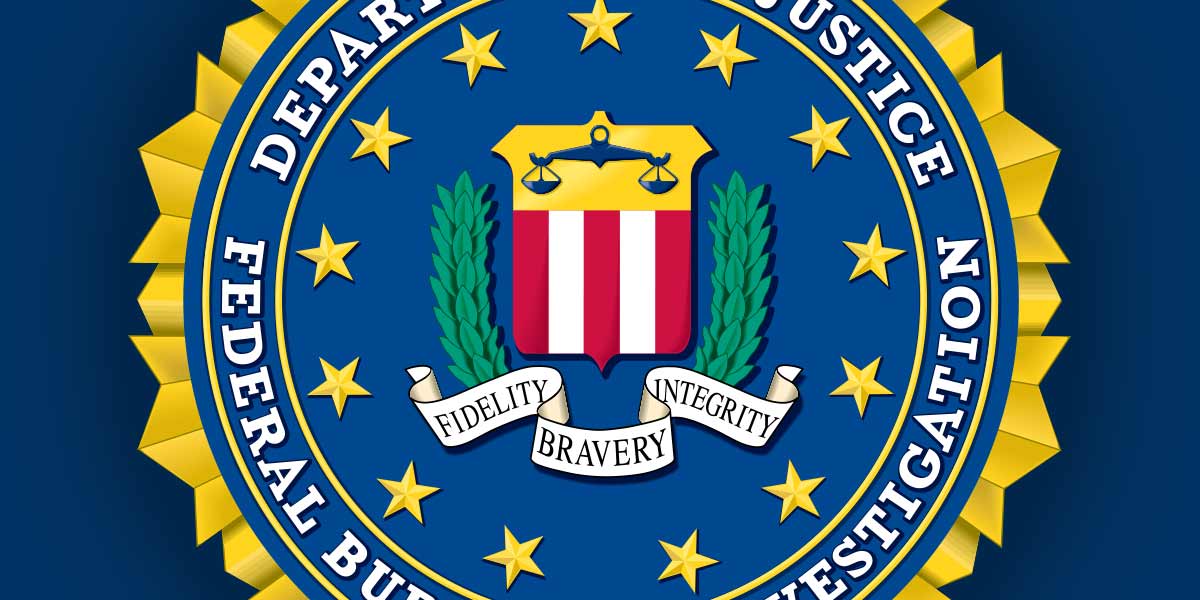
A bombshell report from WIRED reveals that two days after the U.S. Congress renewed and expanded the mass-surveillance authority Section 702 of the Foreign Intelligence Surveillance Act, the deputy director of the Federal Bureau of Investigation (FBI), Paul Abbate, sent an email imploring agents to “use” Section 702 to search the communications of Americans collected under this authority “to demonstrate why tools like this are essential” to the FBI’s mission.
In other words, an agency that has repeatedly abused this exact authority—with 3.4 million warrantless searches of Americans’ communications in 2021 alone, thinks that the answer to its misuse of mass surveillance of Americans is to do more of it, not less. And it signals that the FBI believes it should do more surveillance–not because of any pressing national security threat—but because the FBI has an image problem.
The American people should feel a fiery volcano of white hot rage over this revelation. During the recent fight over Section 702’s reauthorization, we all had to listen to the FBI and the rest of the Intelligence Community downplay their huge number of Section 702 abuses (but, never fear, they were fixed by drop-down menus!). The government also trotted out every monster of the week in incorrect arguments seeking to undermine the bipartisan push for crucial reforms. Ultimately, after fighting to a draw in the House, Congress bent to the government’s will: it not only failed to reform Section 702, but gave the government authority to use Section 702 in more cases.
Now, immediately after extracting this expanded power and fighting off sensible reforms, the FBI’s leadership is urging the agency to “continue to look for ways” to make more use of this controversial authority to surveil Americans, albeit with the fig leaf that it must be “legal.” And not because of an identifiable, pressing threat to national security, but to “demonstrate” the importance of domestic law enforcement accessing the pool of data collected via mass surveillance. This is an insult to everyone who cares about accountability, civil liberties, and our ability to have a private conversation online. It also raises the question of whether the FBI is interested in keeping us safe or in merely justifying its own increased powers.
Section 702 allows the government to conduct surveillance inside the United States by vacuuming up digital communications so long as the surveillance is directed at foreigners currently located outside the United States. Section 702 prohibits the government from intentionally targeting Americans. But, because we live in a globalized world where Americans constantly communicate with people (and services) outside the United States, the government routinely acquires millions of innocent Americans’ communications “incidentally” under Section 702 surveillance. Not only does the government acquire these communications without a probable cause warrant, so long as the government can make out some connection to FISA’s very broad definition of “foreign intelligence,” the government can then conduct warrantless “backdoor searches” of individual Americans’ incidentally collected communications. 702 creates an end run around the Constitution for the FBI and, with the Abbate memo, they are being urged to use it as much as they can.
The recent reauthorization of Section 702 also expanded this mass surveillance authority still further, expanding in turn the FBI’s ability to exploit it. To start, it substantially increased the scope of entities who the government could require to turn over Americans’ data in mass under Section 702. This provision is written so broadly that it potentially reaches any person or company with “access” to “equipment” on which electronic communications travel or are stored, regardless of whether they are a direct provider, which could include landlords, maintenance people, and many others who routinely have access to your communications.
The reauthorization of Section 702 also expanded FISA’s already very broad definition of “foreign intelligence” to include counternarcotics: an unacceptable expansion of a national security authority to ordinary crime. Further, it allows the government to use Section 702 powers to vet hopeful immigrants and asylum seekers—a particularly dangerous authority which opens up this or future administrations to deny entry to individuals based on their private communications about politics, religion, sexuality, or gender identity.
Americans who care about privacy in the United States are essentially fighting a political battle in which the other side gets to make up the rules, the terrain…and even rewrite the laws of gravity if they want to. Politicians can tell us they want to keep people in the U.S. safe without doing anything to prevent that power from being abused, even if they know it will be. It’s about optics, politics, and security theater; not realistic and balanced claims of safety and privacy. The Abbate memo signals that the FBI is going to work hard to create better optics for itself so that it can continue spying in the future.
Source: The FBI is Playing Politics with Your Privacy | Electronic Frontier Foundation

